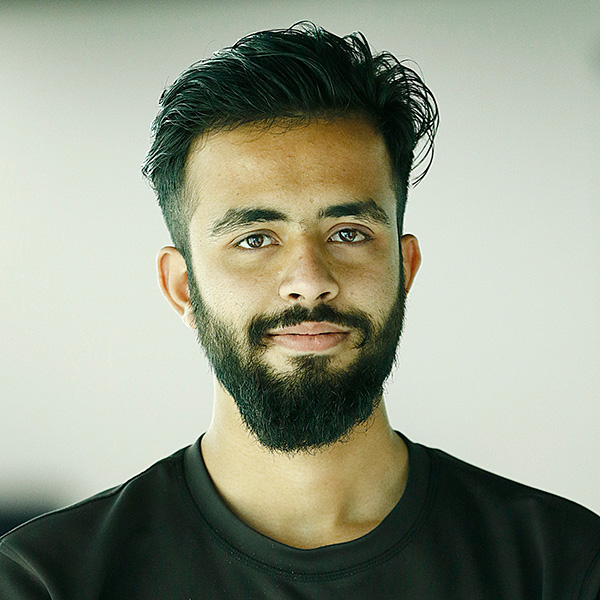National
Decision to pass medical bill will have dire implications, Mathema says
Riding on its two-thirds majority, when the governing Nepal Communist Party passed the controversial Medical Education Bill on Friday disregarding the opposition voice, it also wrecked in its wake eight years of deliberation and Dr Govinda KC’s undying struggle to bring reforms in the country’s ailing health sector.
Nayak Paudel
Riding on its two-thirds majority, when the governing Nepal Communist Party passed the controversial Medical Education Bill on Friday disregarding the opposition voice, it also wrecked in its wake eight years of deliberation and Dr Govinda KC’s undying struggle to bring reforms in the country’s ailing health sector.
“The majority has passed the revised bill to serve vested interests in an ugly display of power,” said Kedar Bhakta Mathema, former Tribhuvan University vice-chancellor and the convenor of the high-level committee formed by the government to recommend a new national policy on medical education. “This will have dire implications in the medical education sector.”
Mathema accused the ruling party lawmakers of adding new provisions without any rationale. “These provisions are in direct conflict with our recommendations of a ceiling in granting affiliations and setting up a powerful medical education commission to regulate the medical education sector,” he said.
The bill, which will now be presented in the National Assembly, has been hailed as “progressive” by members of the NCP. The bill appears to have hit the right chords with the universities as, once enacted into law, it will immediately pave the way for medical colleges outside the Valley. These colleges have already acquired Letter of Intent for affiliation under either Tribhuvan or Kathmandu University.
“Kathmandu University didn’t dole out all the affiliations. Both the government and the medical council also advise us,” said Dr Ram Kantha Makaju Shrestha, vice-chancellor of Kathmandu University. “If the law of the land orders us to grant affiliations, we do not have a choice.”
Shrestha said the university has been running medical colleges despite hardships and grants affiliations only if a medical college fulfils all the required criteria.
As per the original draft of the bill, based largely on the Mathema Report, medical colleges outside the Valley, including those with Letter of Intent, would have to wait for a central commission to be set up once the bill was enacted.
The other immediate possibility—an upgradation of the BP Koirala Institute of Health Science as a university so that it could grant affiliations—has been dismissed.
“If the new provisions were introduced to grant affiliation for B&C medical college, there were plenty of options. BP Koirala Institute was an immediate solution,” said Mathema.
Mathema, in an interview with the Post earlier this week, had said that both Tribhuvan and Kathmandu universities were already beyond their supervision capacities and could not monitor more than three colleges at the moment.
But Vice-chancellor at Tribhuvan University Tirtha Raj Khaniya defended his institution, saying that it could grant more affiliations, provided it has more human resources.
“The university will not grant affiliation to any medical college under any government instruction,” said Khaniya. “We have been running our existing medical colleges and can definitely affiliate some more.”




 9.89°C Kathmandu
9.89°C Kathmandu














